How to Take Photos of Clothes to Sell for Your Online Store?
If you click to purchase a product or service based on our independent recommendations and impartial reviews, we may receive a commission. Learn more
Taking the photos of your clothes to sell on your ecommerce store can end up being the difference between bagging the sale and losing your customer.
Whilst ecommerce trends come and go, having high-quality product photos is always going to be essential. That’s why we’ve put together these tips to help you take photos of clothes for your online store.
The Basics
Why High-Quality Photos are Essential for Your Online Clothing Store
Why High-Quality Photos are Essential for Your Online Clothing Store
Product images can literally make or break an online clothing store. For customers who are shopping for clothes, having high-quality photos of the item in question is crucial.
Customers want to see what they’re buying before they make a purchase, and without the option of trying on, product photos become essential to convincing them.
Think about it – if you were shopping for a party dress, which would you buy? The one that has multiple, high-quality photos of the dress modeled and hanging up, or the one that has one blurry, low-quality image. It’s obvious, right?
The more context you’re able to add to your product imagery, the more your target audience will be able to relate to the items whilst inaccurate images are likely to result in far fewer returns.
So how can you make sure you’re taking the best possible photos of your clothes? Follow the step-by-step walk-through below to help you out.
A Step-By-Step Guide
1. Prepare the Clothes
The first thing you need to do is prepare the clothes to be photographed. Nobody is going to buy an item of clothing if the image on the website is creased – or worse, stained!
Take the time to steam all of your clothes and hang them up until you’re ready to take the photographs. Make sure there are no pulls or loose threads, and consider getting them dry cleaned if they look dirty (although you probably shouldn’t be selling dirty clothes in the first place!)
Making sure there are no missing buttons or snags in the fabric now will save you a lot of time and effort in re-shooting or editing further down the line.
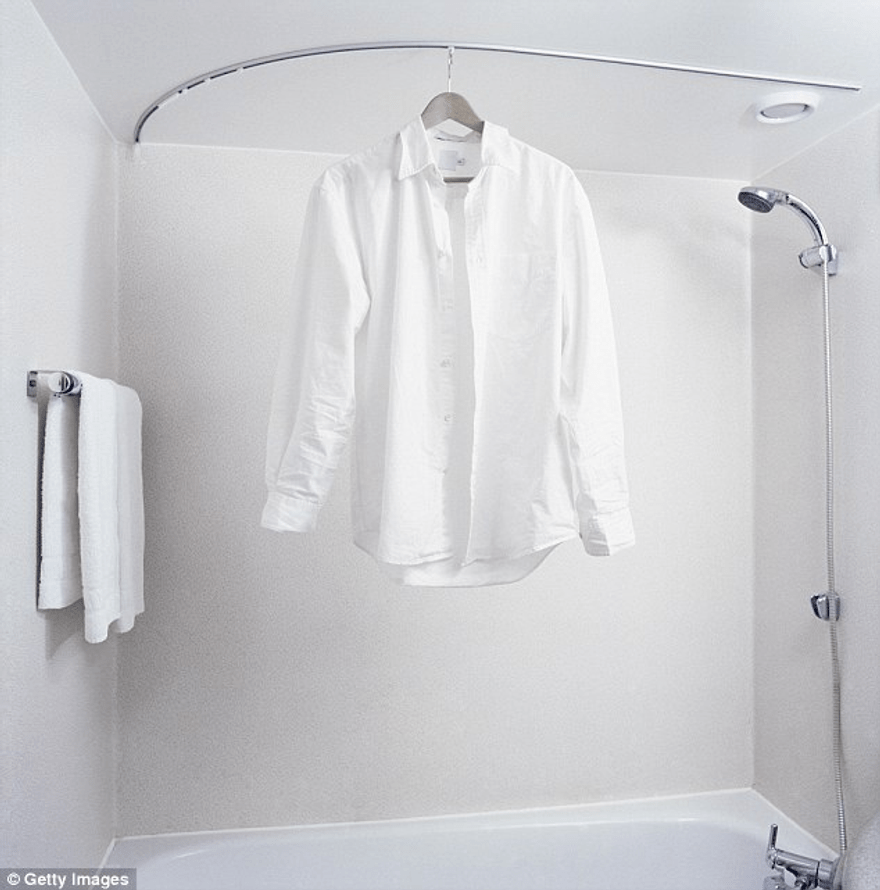
2. Set Up the Studio and Equipment
Before you’re ready to start taking photographs you need to make sure you’ve set up your studio space and equipment.
Your studio doesn’t need to be a professional one – just select your chosen backdrop and clear the area of any unwanted items.
Then, take some time to set up your camera, ensuring it’s fully charged and that you’re happy with the settings. We recommend taking some test shots first to be sure.
Now is also a good time to make sure you have spare batteries, memory cards, and any other accessories on hand in case you need them during the shoot.
3. Perfect the Lighting
The lighting will have a major impact on how your photographs look. Although images can be edited, it’s always best to try and perfect the lighting before you take the photographs.
If you’re relying on natural lighting then think carefully about where the light falls in the room and how much time of sunlight you have before the light starts to fade.
If possible, try and have an artificial light source such as a lightbox on hand. This will help you to keep the lighting consistent throughout all of your images.
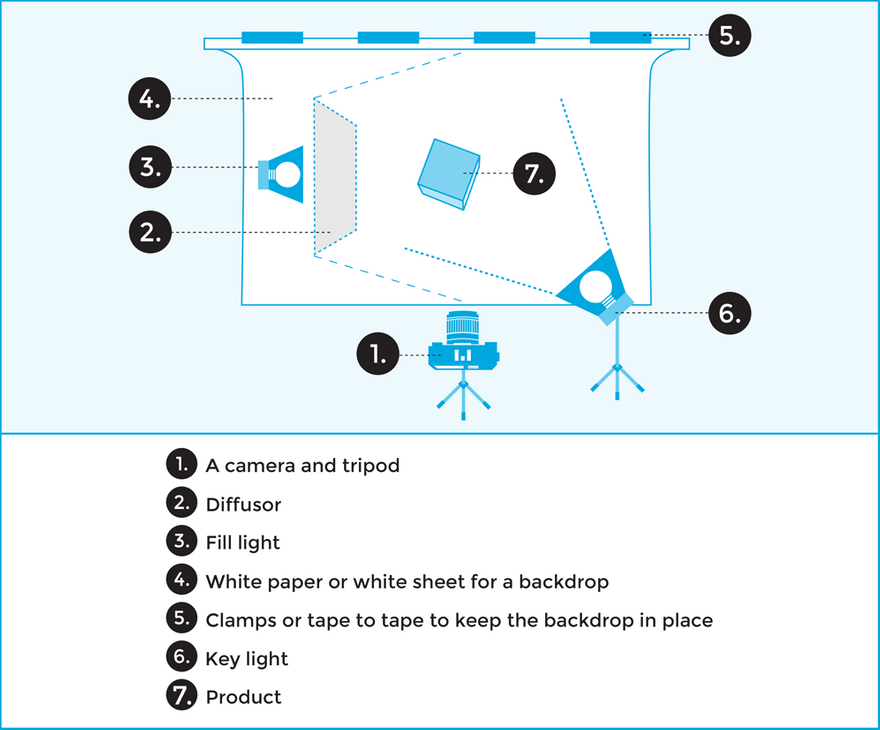
4. Style the Clothes
You’ll need to decide how you want to style the clothes for the photoshoot.
The best ecommerce stores use multiple product images that show the items in different styles and set-ups.
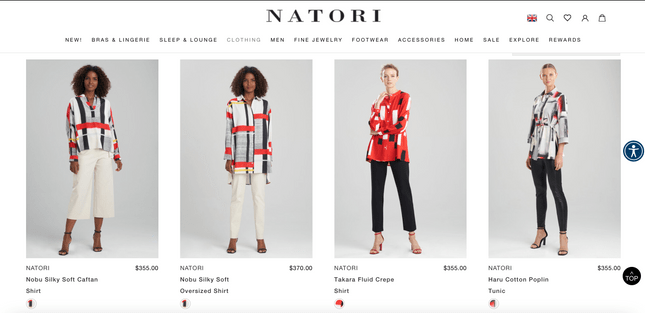
You may want to lay your clothes down or hang them up for a flat lay style image as well as having your clothes modeled on a person or mannequin.
If you’re able to hire a model for the photoshoot (or ask a friend) you’ll be able to shoot the clothes in multiple different poses and angles, giving your customers a strong idea of how the clothes will look in real life.
5. Take Your Photos
The next step is the most important of all…take the photos!
Make sure your camera is as stable as possible – use a tripod if you have one, or place your camera on a steady surface.
Think carefully about where the clothing or model is positioned within the frame of the image. When it comes to product photography the clothes are the most important part so the majority of the image should be filled with a clear view of the items.
6. Edit the Photos
The final step of the process for taking photos of clothes for your online store is to edit the photographs.
Now, we aren’t suggesting you add a filter that changes the colors in the image or start adding mustaches to your models!
Instead, you can use the editing process to adjust elements such as the lighting, saturation, and clarity of the images to ensure they are all consistent and of the same quality.
You can also use the crop feature to cut out excessive background or items that have snuck into the frame which you didn’t notice during the shoot.
Remember that it’s important for the images to be an accurate representation of the clothes, so make sure not to edit elements such as shape, pattern, and color.
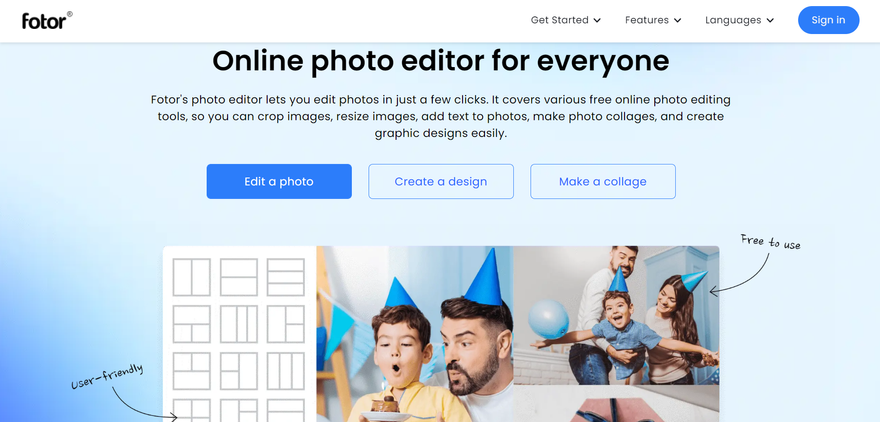
Top Tips!
Model Versus Flat lay
Most clothing product images will either be shot as a flat lay (the clothing is pictured hanging or laying on a background), or being worn by a model or mannequin.
Models and mannequins have the benefit of allowing customers to see what the items look like when they’re being worn, whilst flat lays can enable you to showcase specific details of an item.
If possible, try to use a combination of both for each item you list on your website.
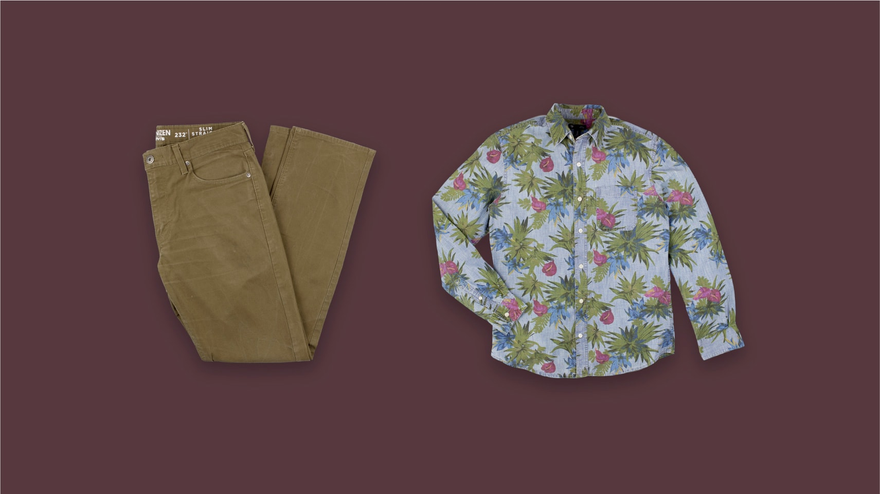
Showcase Details
There’s nothing worse than ordering an item of clothing online to find out the pattern isn’t how you remembered, the material is too stiff, or the item has a zipper rather than buttons.
Make sure you photograph the detail of your items by taking close-up photographs that will offer customers as much information on the clothing as possible.
The more details you showcase within your product imagery, the less likely customers will be to return the items.
Take Enough Photos
It’s easy to think you’ve got more than enough photos but when you come to edit and select them, you find that some are blurry or not high-quality enough, which quickly limits the amount left.
Whilst you don’t want to bombard your customers with images, having between three to six images of each item, shot from different angles and showcasing different details, is a great way of listing your clothes.
Make a list before you shoot of how many photos you’ll need for each item and don’t forget to account for any blurred or low-quality ones too.
Be Consistent
The key to having great images on your online store is consistency. For example, if you decide to shoot some of your items on a model then you should aim to have every item shot and listed on a model too.
Similarly, try to make sure the lighting is the same for each photograph, and aim for the same amount of images for each item you list on your store.
Mistakes to Avoid
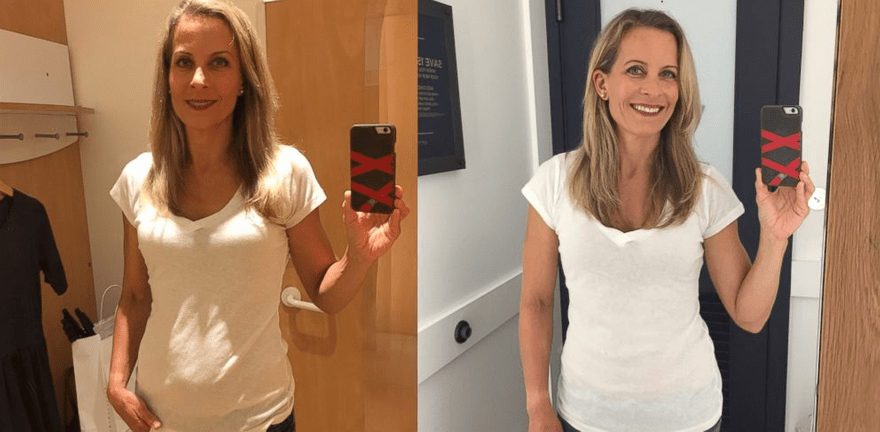
Bad Lighting
Bad lighting can ruin your clothing product photos. Make sure that you keep the light consistent throughout your photoshoot and position lights to ensure they don’t leave a shadow over the clothes.
Also, remember that some colors and patterns look different in various lights so make sure you’re shooting in as close to natural light as possible to ensure your images accurately reflect the items.
Unprepared Clothes
The last thing you want to do is spend so much time and effort on a photoshoot, only to notice a stain or loose button when you look back at the images.
Before you begin shooting take the time to steam and hang your clothes and inspect them for any issues that may have been missed on the production line.
Uploading Large Photo Files
Large photo files can cause chaos for your website. If your file size is too large you’ll end up slowing your website down and ruining the user experience.
Before you upload your images to your website host make sure you’ve converted them into the appropriate file size and optimized the file names and alt text for your SEO strategy.
A Summary
Taking photos of clothes for your online store isn’t always easy and you won’t necessarily get it right the first time.
Luckily for you, the tips we’ve laid out in this article will help you to shoot the best quality photographs for your online store to help improve conversions and drive sales.
Some key things to remember when taking your photographs are:
- Prepare your clothes to ensure there are no visible stains or creases.
- Make sure your lighting is consistent.
- Remember to take close-up shots of specific details such as patterns and buttons.
- Take enough photos to feature between three to six on each product listing.
- Convert your photographs to a smaller file size before uploading them to your website.
Once you feel confident the only thing left to do is pick up your camera and get snapping!
Make sure you check out our other articles on how to start an online thrift store and selling t-shirts online for even more useful information.


Leave a comment